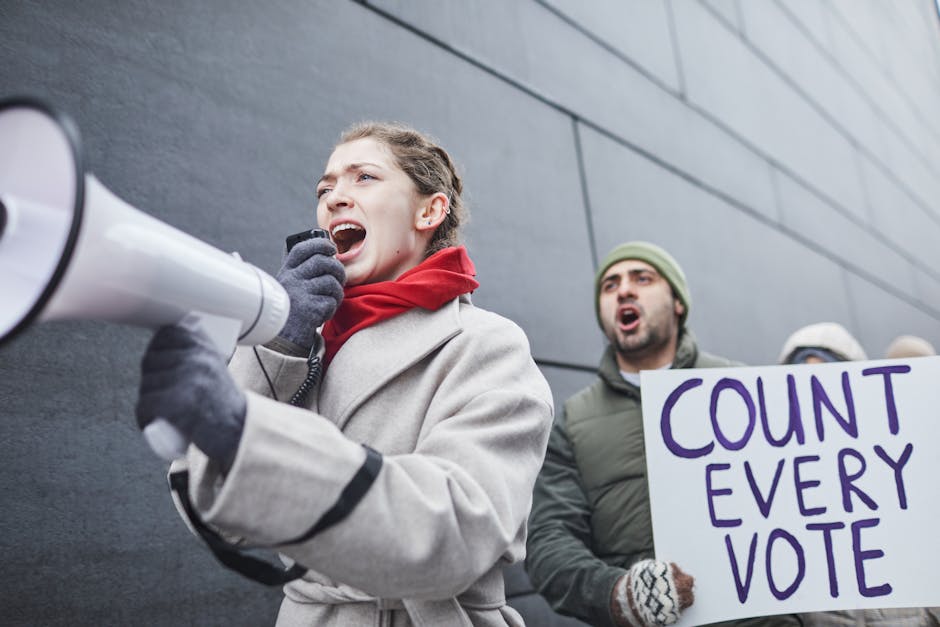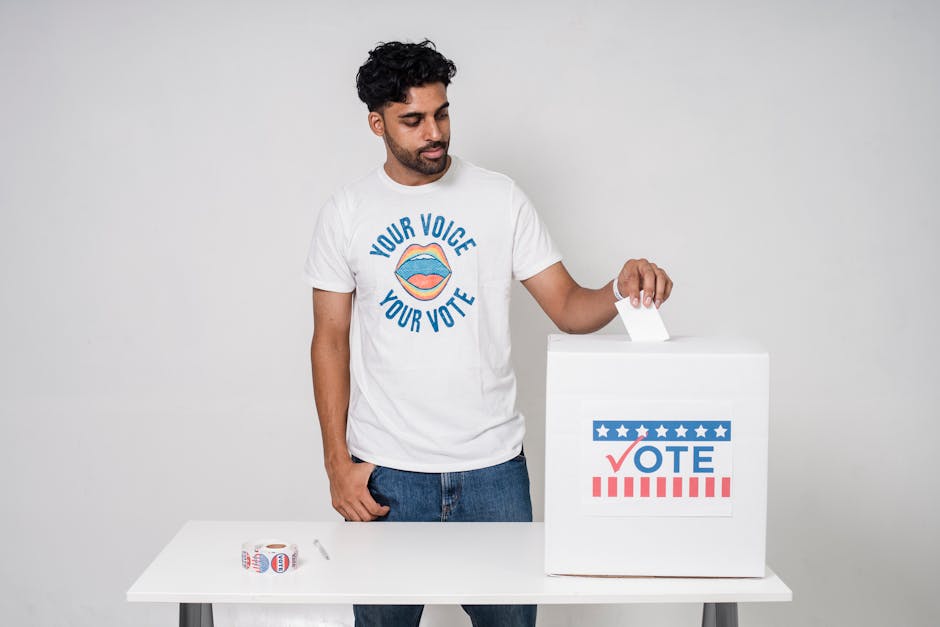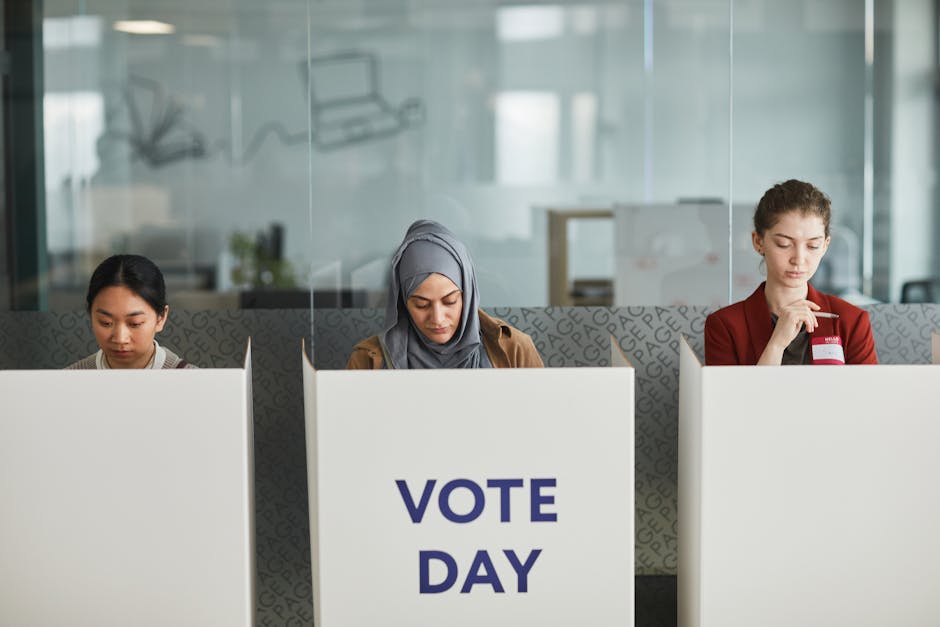The Role of Young Voters in Elections
Did you know that young voters can sway the results of an election? In recent years, we’ve seen how passionate and engaged young people can change the game. Their votes matter more than ever. But what exactly is the role of young voters in elections? Lets dive in!
Why Are Young Voters Important?

Young voters, typically those aged 18 to 29, represent a significant portion of the electorate. In the 2020 U.S. presidential election, about 50% of eligible young voters cast their ballots. This was a noticeable increase from previous elections.
But why do their votes count? Here are a few reasons:
- Momentum: Young voters can bring fresh ideas and enthusiasm to campaigns.
- Impact: Even a small turnout can change the outcome of local and national races.
- Future: Decisions made today affect the lives of young people for years to come.
What Issues Matter to Young Voters?

Young voters care about several key issues. These issues often reflect their values and future aspirations. Lets look at a few:
- Climate Change: Many young people are concerned about the environment and want action.
- Education: Access to affordable education is crucial for many young voters.
- Social Justice: Equality and fairness are top priorities for this generation.
- Health Care: Affordable health care options are vital for young adults starting their careers.
These issues drive many young voters to participate in elections. They want leaders who share their values and address their concerns.
How Do Young Voters Make a Difference?

Young voters have a unique ability to influence elections. Heres how:
- Engagement: They often engage in discussions on social media, sharing their views with friends and family.
- Activism: Many are active in movements that align with their beliefs, pushing for change.
- Voter Turnout: When young people turn out to vote, they can tip the balance in tight races.
In the 2018 midterm elections, young voter turnout reached levels not seen in decades. This shows the power they hold.
What Challenges Do Young Voters Face?

Despite their potential, young voters face several challenges:
- Voter Registration: Many don’t know how or when to register, which can hinder their participation.
- Misinformation: There is a lot of false information about voting processes that can confuse young people.
- Disillusionment: Some feel that their votes don’t matter, leading to apathy.
Overcoming these challenges is essential for increasing young voter participation. Knowledge is power, and spreading accurate information is key.
How to Encourage Young Voters
Encouraging young people to vote is vital. Here are some effective strategies:
- Education: Schools and communities should teach students about the voting process.
- Social Media Campaigns: Use platforms like Instagram and TikTok to share information about voting.
- Peer Influence: Encourage friends to vote together, making it a fun activity.
- Events: Host local events that focus on the importance of voting and civic engagement.
These efforts can help make voting seem more accessible and less intimidating.
What Can Young Voters Do Right Now?
Young voters can take immediate action:
- Register to Vote: Make sure you are registered for upcoming elections. Check your states requirements online.
- Learn About Candidates: Research who is running and what they stand for. Knowledge is crucial!
- Talk About It: Discuss voting with friends and family to raise awareness.
- Vote: Whether in local elections or presidential races, make your voice heard!
Every vote counts, and young voters have the power to shape their future.
What Experts Say About Young Voters
Experts agree that young voters play a critical role in shaping the political landscape. According to a study by the Pew Research Center, Young voters are more diverse and progressive than older voters, which can reflect in election outcomes.
This diversity is a strength. It brings different perspectives to the table, allowing for broader discussions about policies that matter.
How Do Young Voters Change the Game?
The impact of young voters goes beyond just numbers. Their engagement brings new issues to the forefront. Here are a few ways they change the game:
- Innovation: Young voters often support new ideas, like universal basic income or climate action plans.
- Political Pressure: They can hold politicians accountable, pushing them to listen to issues that matter.
- Long-Term Change: Engaged young voters today could shape the political landscape for decades to come.
When young people participate, they create a ripple effect that encourages others to engage as well.
Conclusion: Why Every Vote Matters
Young voters have the power to influence elections and bring about change. Their voices matter now more than ever. By addressing the issues they care about, participating in the electoral process, and encouraging their peers, they can make a lasting impact.
As we move into future elections, lets remember the role of young voters. Every vote counts, and together, they can shape a better future. So, register, educate yourself, and vote!
For more information on how to register and vote, check out nass.org/can-I-vote.
And if you’re curious to learn more about the impact of youth in politics, check out our post on Youth Political Engagement.



